How To Run Longer Without Getting Tired
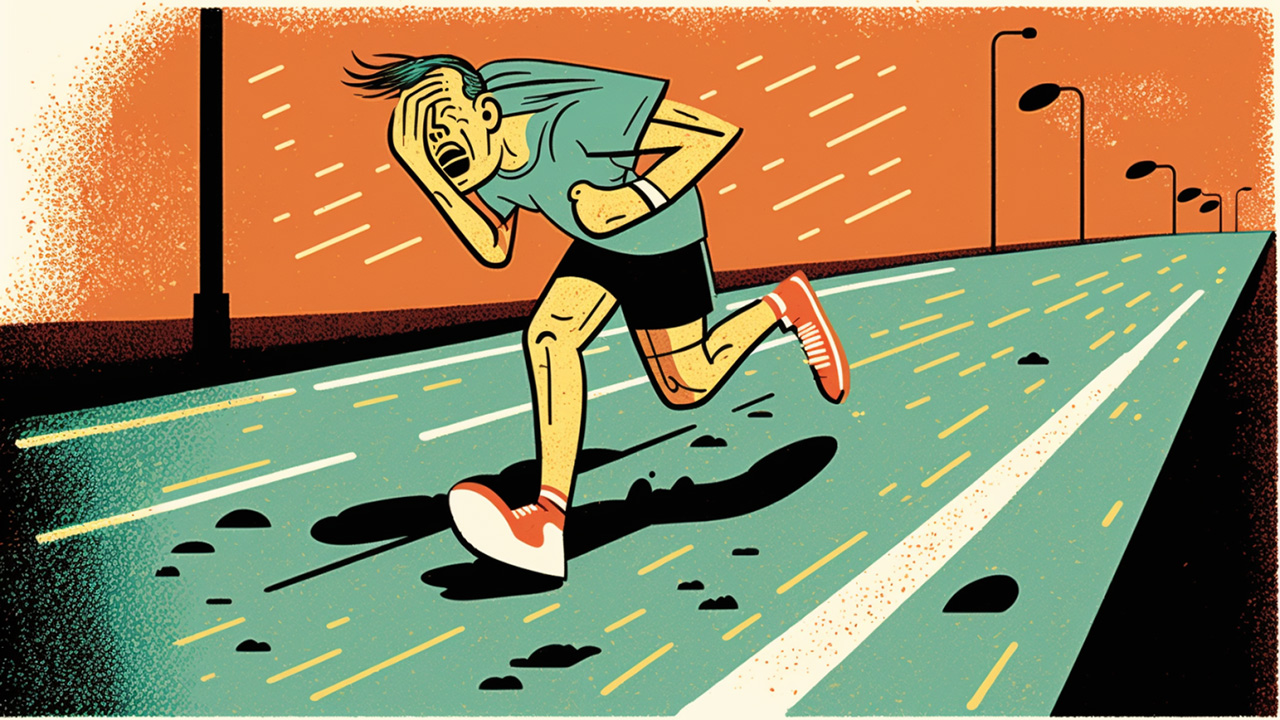
Have you ever asked yourself: how can I run for longer without feeling so tired? Many of you have asked us this exact question, so we’re here to unpack what you can do before, during, and after your runs to help you cover greater distances without battling fatigue. Let’s start by acknowledging that it’s perfectly normal for your runs to feel challenging. You might find yourself out of breath, feeling weary, or experiencing heavy legs. But fear not, we’ve got a wealth of advice to lend a hand.
On-The-Run Tips
Start Slow
Many runners have a propensity to run their long runs at a pace that’s too quick. It’s important to differentiate long runs from your usual ones and adjust your pace accordingly. You might find it helpful to use your heart rate as a gauge of effort, making sure you don’t start off too intensely.
Warm Up
Don’t forget the warm-up! It might be tempting to bypass this step, especially when you’re pressed for time, but a proper warm-up can significantly enhance your running and even help you run longer when you’re feeling tired.
Check Your Form
Consider your running form. Try to maintain a tall posture, as if a string is pulling you upwards from the top of your head. Also, avoid overstriding – reaching out in front of you to take longer strides. Instead, try to slightly increase your cadence, or steps per minute, which is easier with shorter strides.
Mindfulness and Breathing
When your legs start to feel heavy, focus on driving your arms to power your stride. Being mindful of your run and focusing on the present moment rather than thinking about the end can make it more enjoyable. And don’t forget to breathe! Try to run at a conversational pace, where you can still talk.
Before and After Run Tips
Nutrition and Hydration
Before and after your runs, nutrition plays a critical role. Ensure you’re well hydrated, drinking little and often throughout the day. If you’re unsure, check your pee – aim for a pale straw colour.
Consider your fuelling strategy. If you’re training for a marathon or half marathon, you need to think about fuelling to combat fatigue. If you’re running in the evening, make sure you’ve eaten enough during the day. And if you’re running in the morning, allow ample time to eat before you head out the door.
Healthy Diet
Do you maintain a healthy overall diet? Consuming healthy foods that slowly release energy, in combination with protein and healthy fats, can provide sustained fuel for your runs. Avoid processed foods that can lead to energy crashes.
Training Variety
Variety is vital for enhancing endurance. Don’t just focus on running long distances. Incorporate variety into your training weeks, such as intervals, tempo or threshold runs, hills, and short recovery runs.
All these runs will help improve your endurance and make those longer runs feel a bit easier. Also, think about your overall volume in terms of total mileage as well as your individual long run mileage. As a rule of thumb, aim to increase your overall mileage by a maximum of 10% per week.
Strength and Conditioning
Finally, turn your attention to non-running activities, such as strength and conditioning workouts. These can help you maintain strong running posture and support your form when you’re feeling fatigued.
What are your tips? Let us know in the comments below!


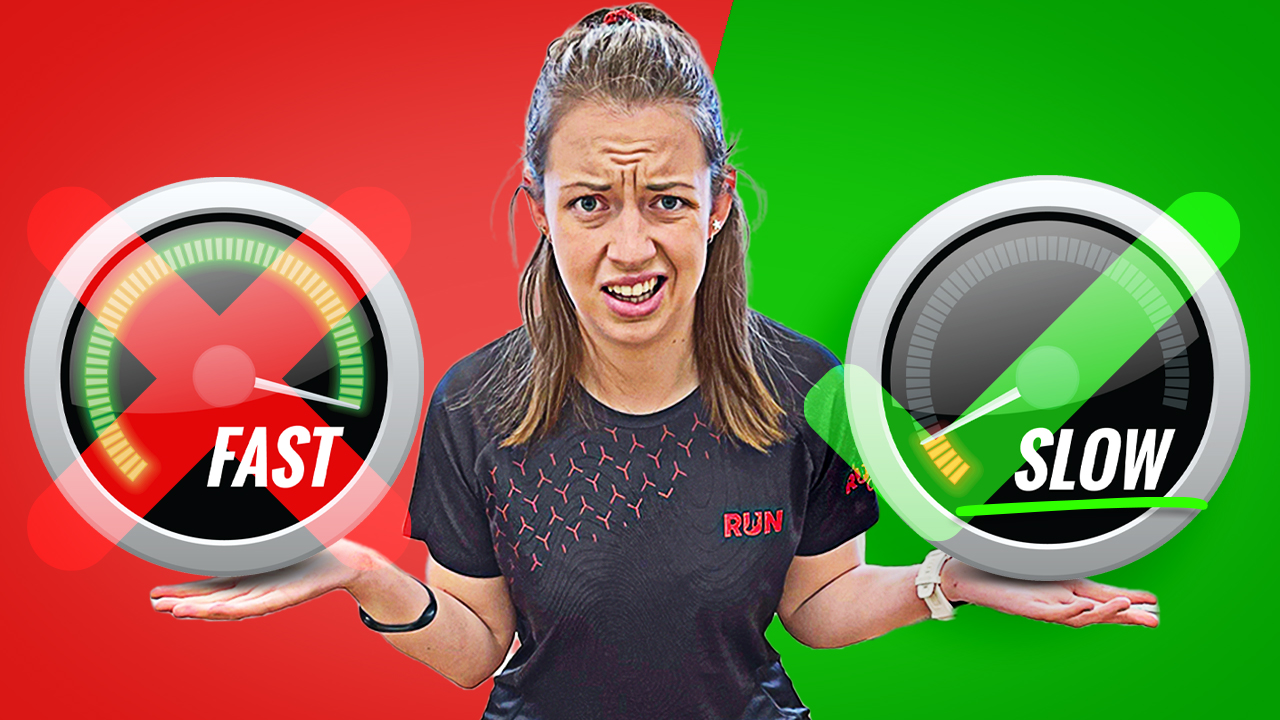









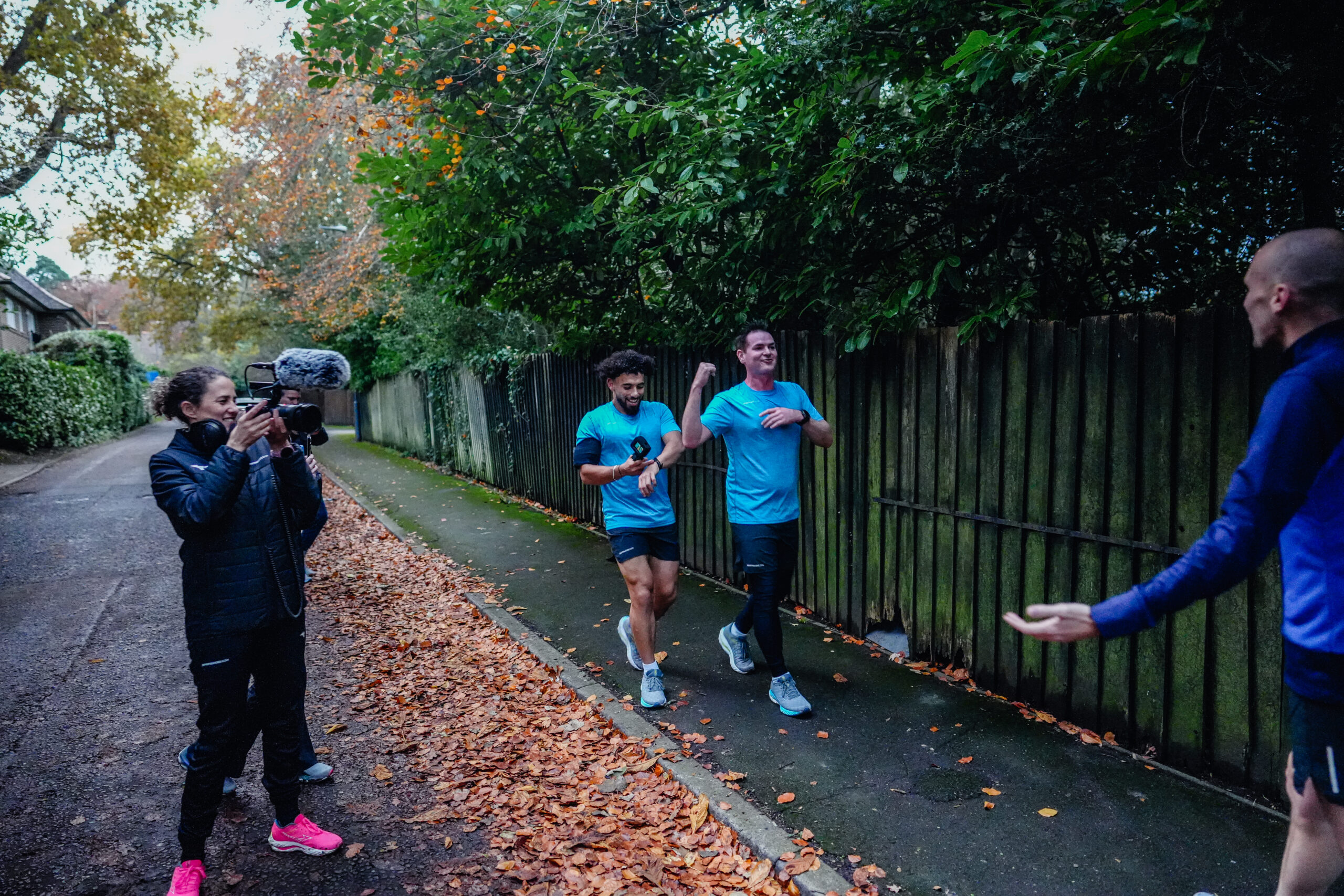


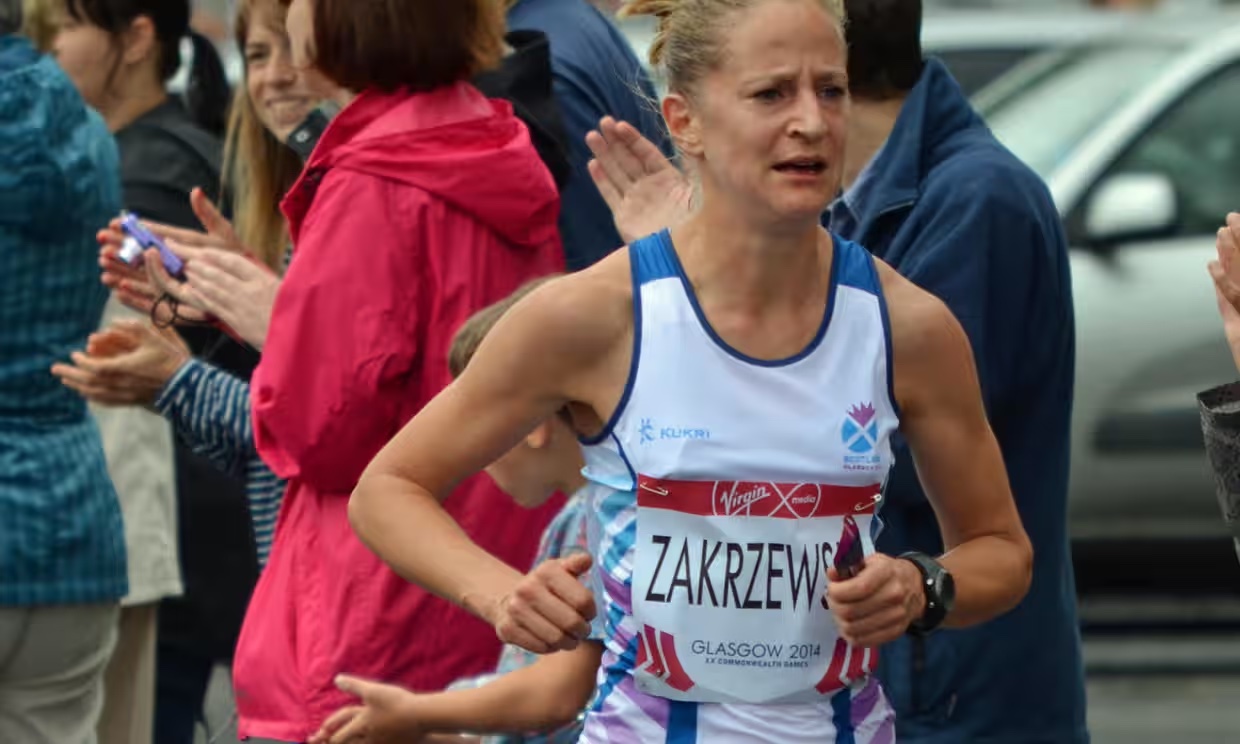



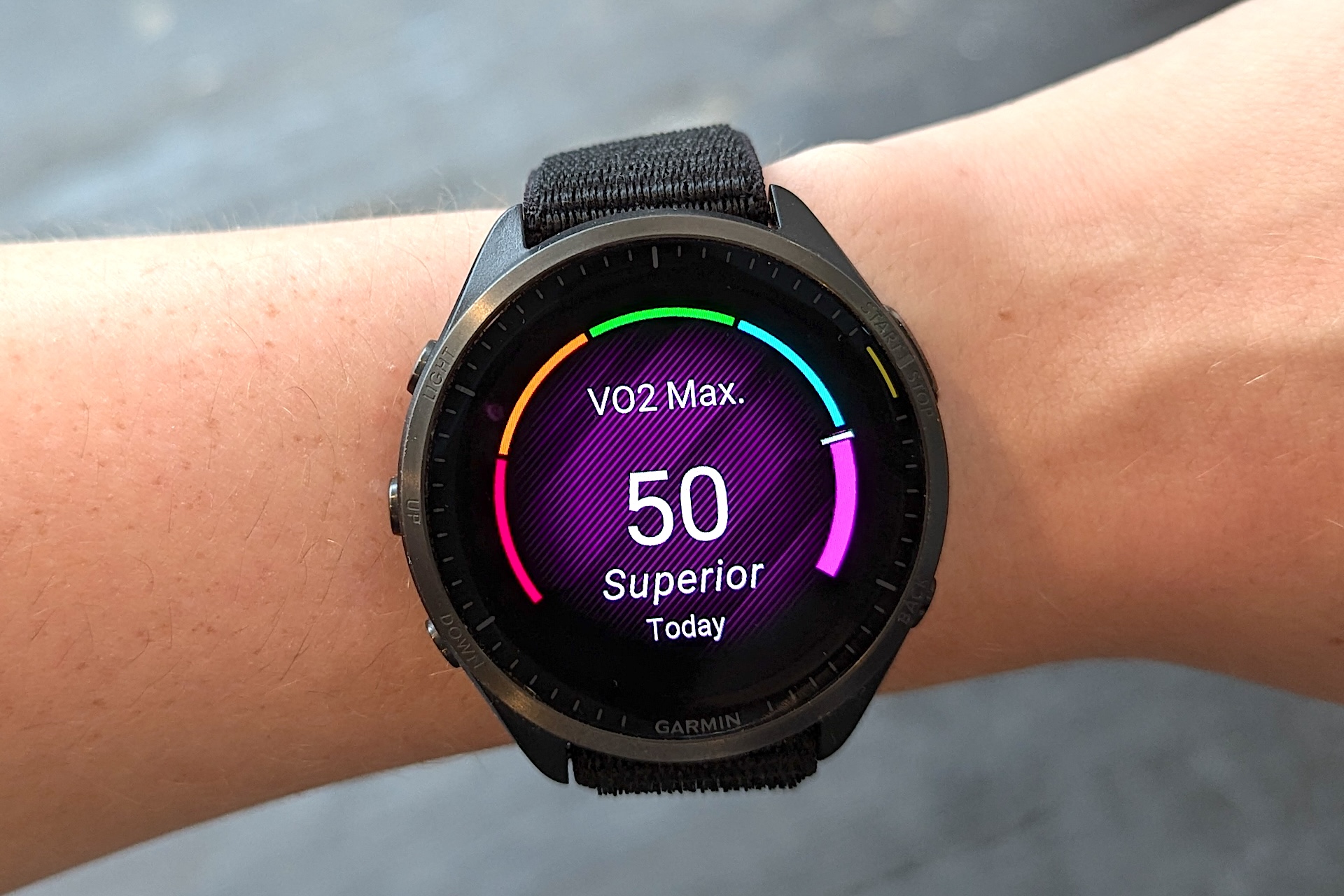

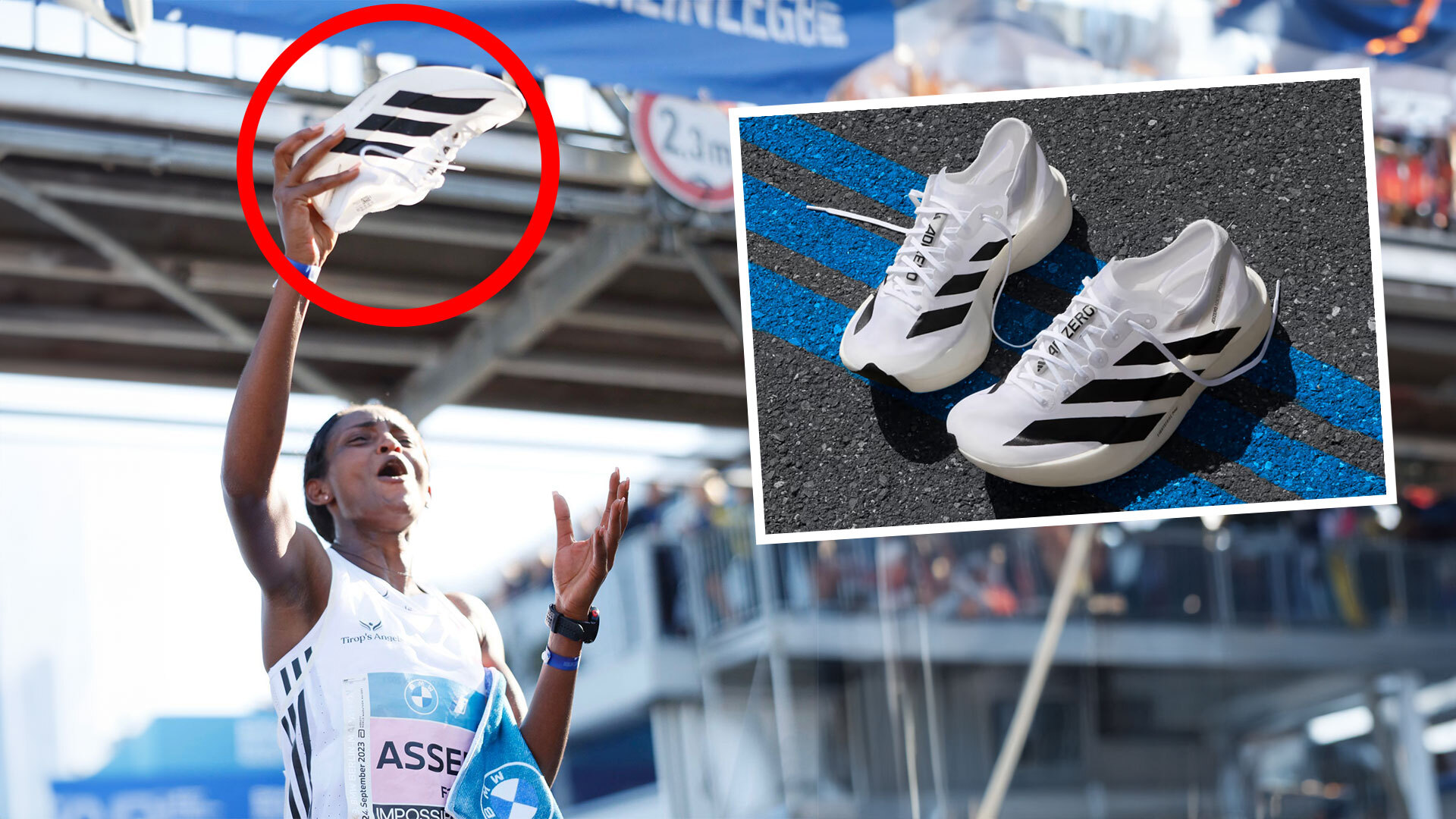


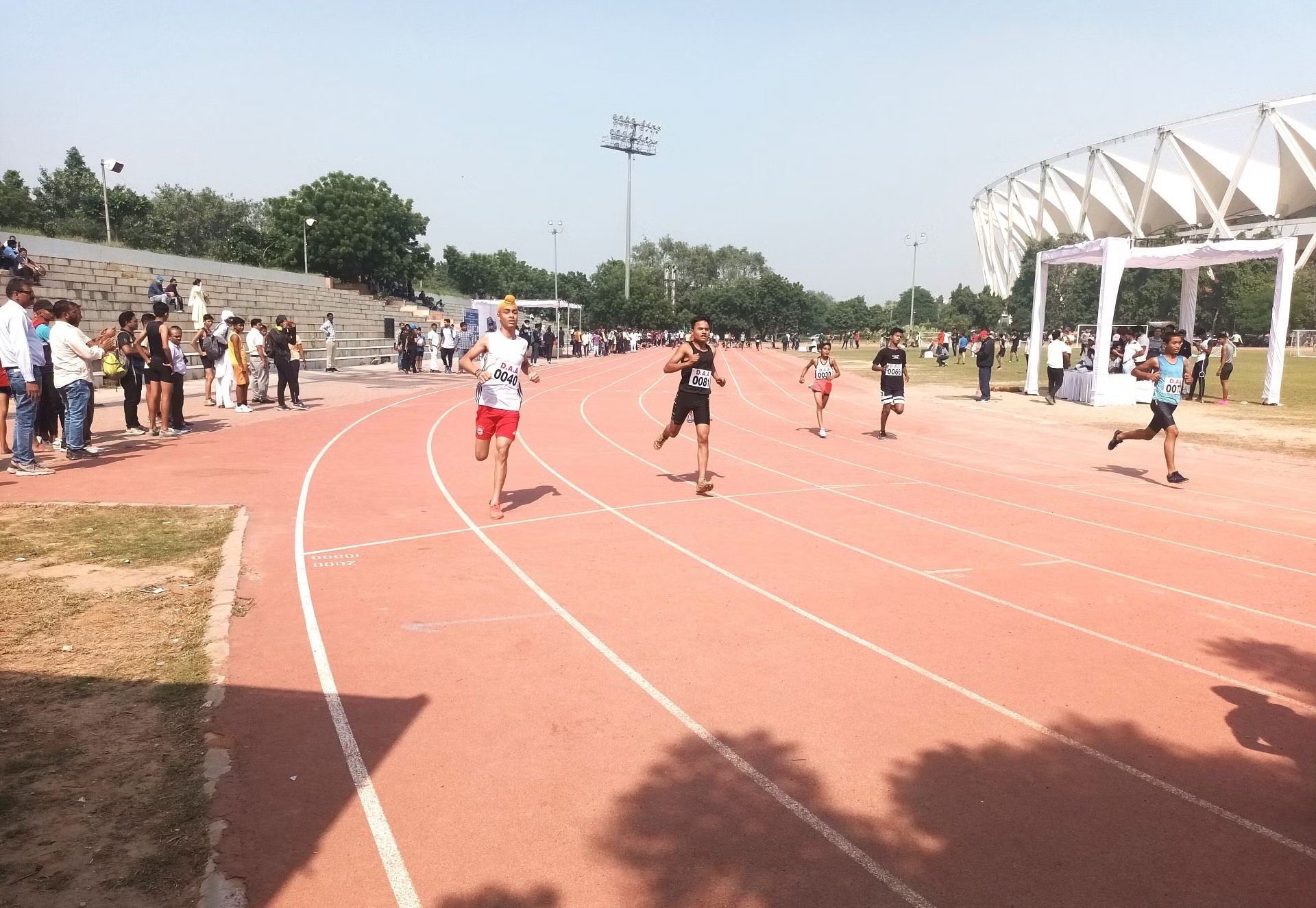

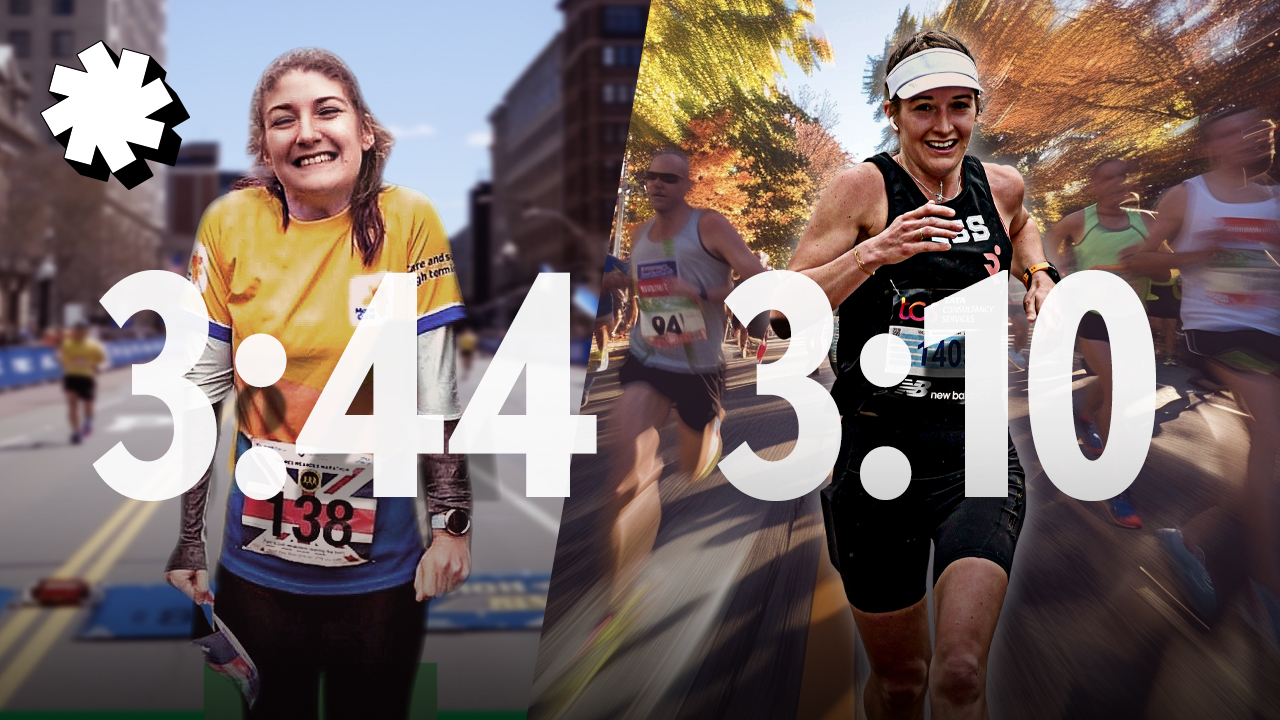

Running News
Paris 2024 Olympics Running Schedule
What Are Olympic Medals Actually Made From?
On Cloudboom Strike LS Initial Thoughts